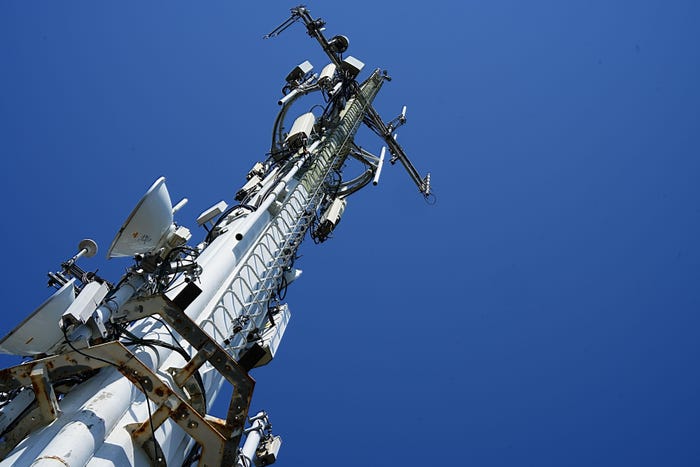Malaysia's DNB gives telcos 20 days to finalize ownership details
Malaysia's five telcos will have to complete their share subscription agreements to be allowed to bid on Malaysia's second 5G network.

The five telcos participating in Malaysia's Digital Nasional Berhad (DNB) have been given 20 days to finalize their equity stake in the company, as the government prepares to launch the country's second 5G network.
Communications Minister Fahmi Fadzil told a press conference on Tuesday that the five telcos – Telekom Malaysia, Maxis, U Mobile, YTL and CelcomDigi's Infranation – will not be allowed to bid on the second network unless they have completed their respective share subscription agreements (SSA).
"One of the conditions imposed on the telcos that want to be involved in the second network is that they must complete this share subscription – that is the equity share holdings in the DNB," said Fahmi.
The five telcos each hold a 14% stake in DNB – collectively owning 70% of Malaysia's state-mandated wholesale 5G operator – after signing their respective SSAs in December 2023.
However, the SSAs have yet to be finalized amid reported wrangling last month between the DNB and the five telcos over the details of the "condition precedents," which must be settled before the SSAs can take effect.
The DNB flatly denied that its talks with the operators have broken down, and subsequently revamped its board of directors with the appointment of new members – giving each operator a representative in the board. The first priority for the new board is to sort out the ownership details of the DNB.
The new board had its first meeting on Monday when the telcos were given the 20-day deadline, according to Fahmi.
Meanwhile, Fahmi said the Malaysian Communications and Multimedia Commission (MCMC) will "soon" announce the tender process, which will get the ball rolling in the bidding for the second 5G network.
As of April 30, Fahmi said the DNB's 5G coverage in populated areas had reached 81.5%, well past the 80% requirement set by the government before any discussions on a second 5G network can begin. He added that the 5G adoption rate currently stands at 39.2%, representing about 13.2 million 5G users – both individual customers and businesses – across Malaysia.
Pushing for enterprise private 5G adoption
The Malaysian government is also pursuing its 5G strategy in the country with a call for the deployment of private 5G in the business sectors.
The Bernama News Agency reported the MCMC and the Malaysian Investment Development Authority are expected to sign a memorandum of understanding "in a week or two" to help micro, small and midsized enterprises (MSMEs) adopt and implement 5G for their businesses.
The state-owned news agency has also said that the Digital Ministry is talking with the MCMC to create a new policy that would encourage private 5G rollouts for industrial use cases in key sectors such as health, manufacturing, agriculture and aquaculture.
"When you have industries that require this technology and this technology is available, then I think there is a role for the government to play to make sure that there is access to this technology,'' Digital Minister Gobind Singh Deo told reporters on Monday after a visit to Clarion Malaysia in Penang.
The automotive supplier was showcasing its trial of a 5G-enabled manufacturing line using YTL Communications' Yes 5G Network and Cnergenz's smart manufacturing solutions such as cloud-based inventory systems and AI-powered Autonomous Mobile Robots (AMRs).
Read more about:
AsiaAbout the Author(s)
You May Also Like



.jpeg?width=700&auto=webp&quality=80&disable=upscale)










